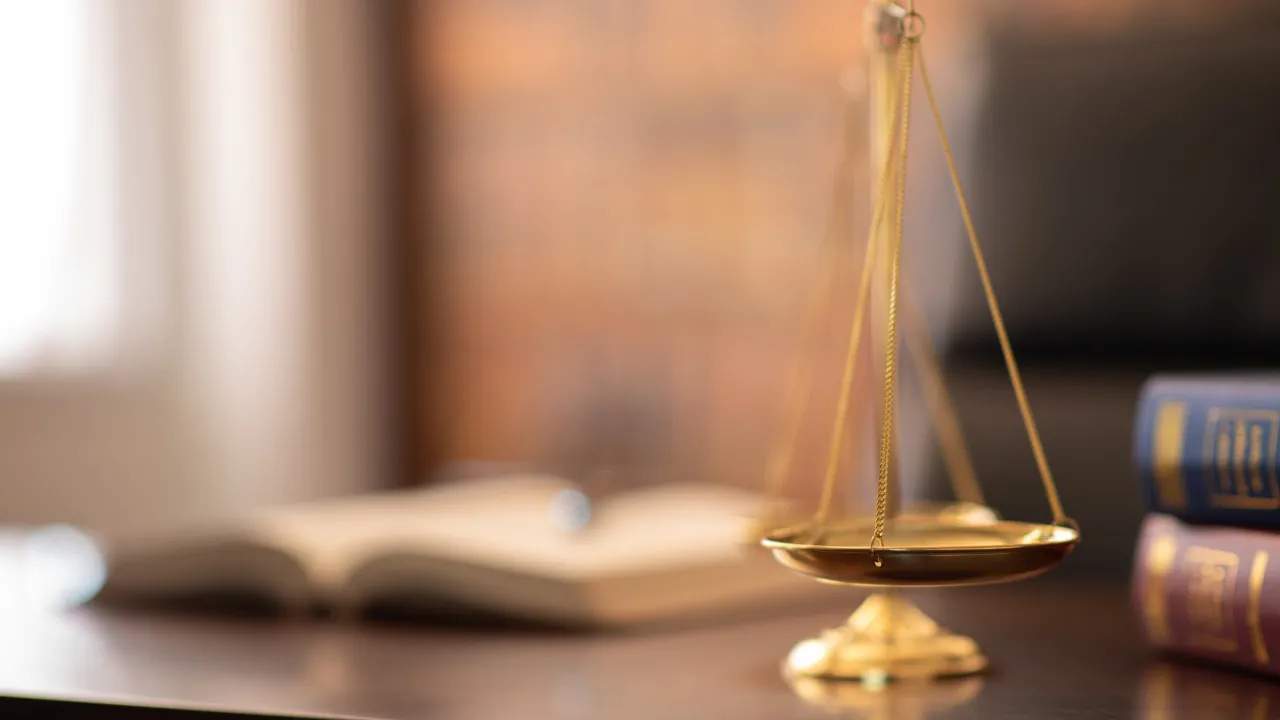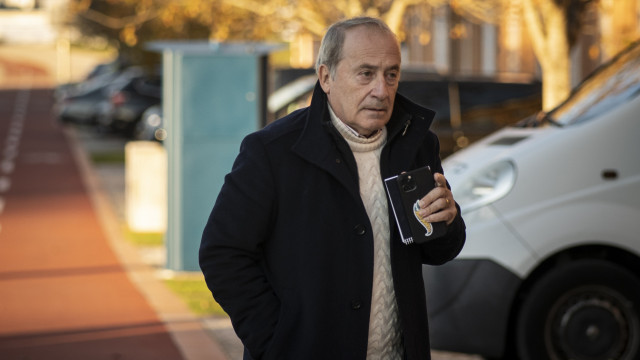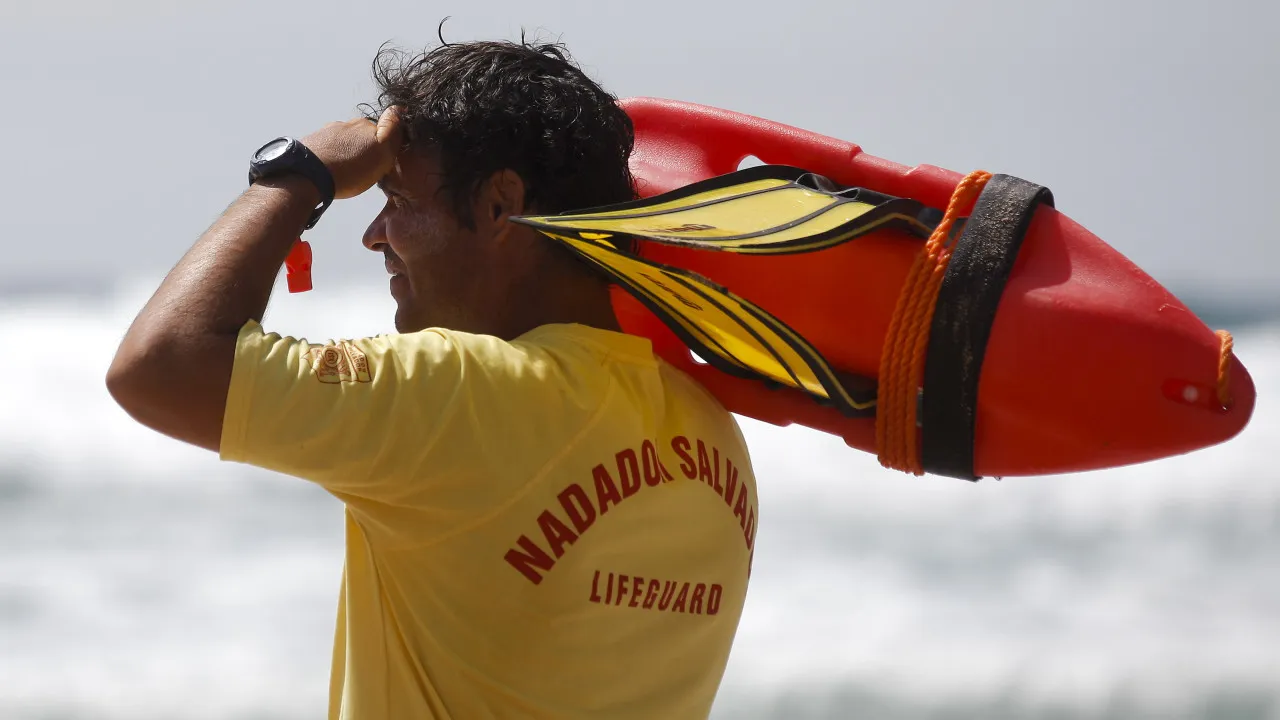
The defendant has been sentenced to a suspended four-year prison term over five years for the crime of sexual assault of a person incapable of resistance, the presiding judge of the panel announced today. The suspension is contingent on fulfilling a social reintegration plan and paying 4,000 euros in compensation to the victim.
The incident reportedly took place on the night of March 7, 2024, after a night out involving the 20-year-old victim (then 18) with two friends. They encountered the defendant at 03:00 at the Associação Académica de Coimbra (AAC) bar, where he offered her shots.
According to an accusation document, the victim lost balance and consciousness after consuming several drinks. The defendant then allegedly led her to an unlit alley, where he assaulted her. The victim was a coursemate of the defendant’s girlfriend.
The document states that the victim was a virgin, with forensic examination revealing injuries as well as the defendant’s genetic profile on her underwear.
For the presiding judge, the victim’s statements were “credible,” supported by forensic evidence and a “digital and visual footprint” from that night, including photos taken by the defendant and CCTV images from the bar.
The judge noted that whether the defendant provided a cigarette laced with a substance causing unconsciousness (as alleged by the Public Prosecutor) was of little relevance, as videos displayed the victim’s imbalance and motor coordination issues, potentially due solely to alcohol.
Regarding the defendant’s testimony, the judge found it contradictory and rejected the claim that the encounter was consensual.
“She was a virgin, in a dark alley, in the rain. Does it make sense she would want to lose her virginity there? The defendant’s version lacks logic and is contradicted by clinical evidence,” the judge emphasized.
The suspension of the sentence was justified by the fact that the defendant became a father in December 2024 and had already served eight months in pre-trial detention. The Coimbra Court expressed a “vote of confidence” that the defendant must “earn.”
The defense lawyer indicated there is “almost certainty” of appealing the decision, advocating for the defendant’s acquittal.




